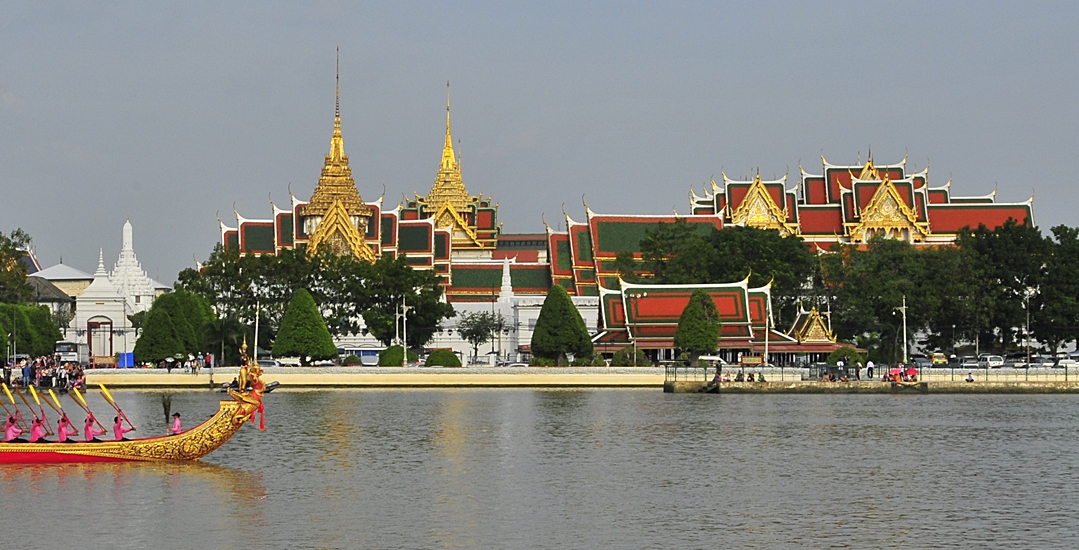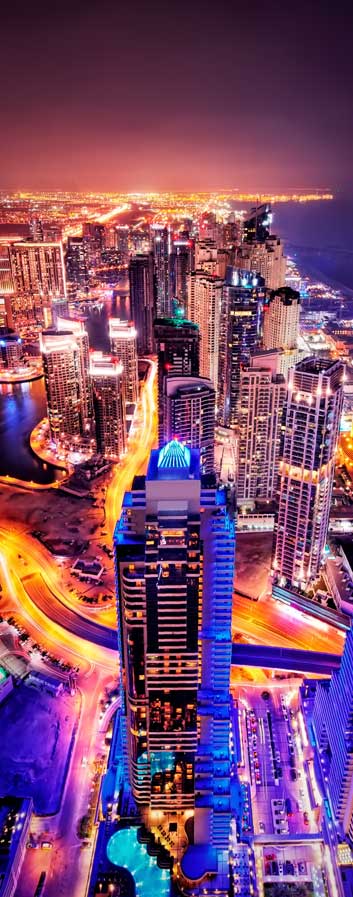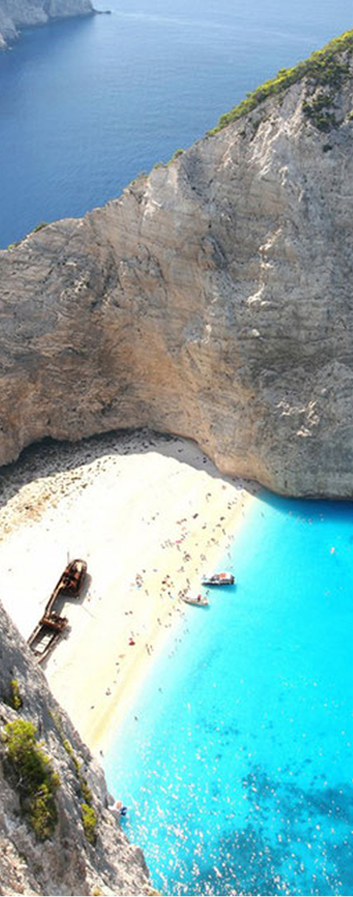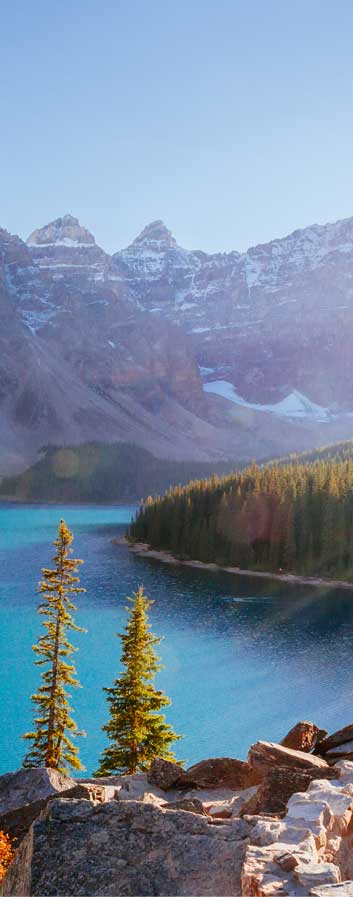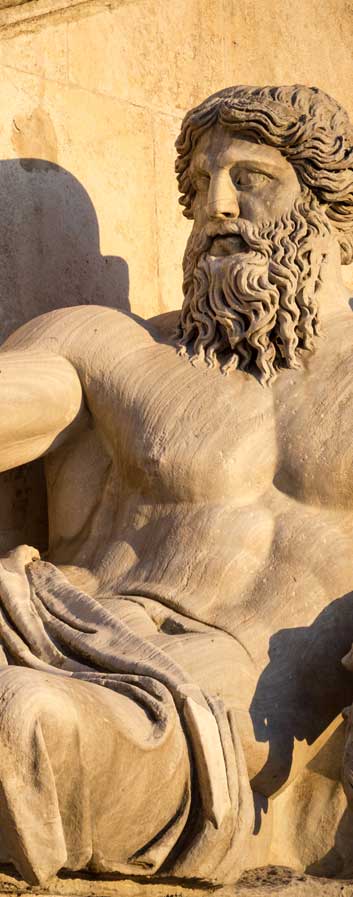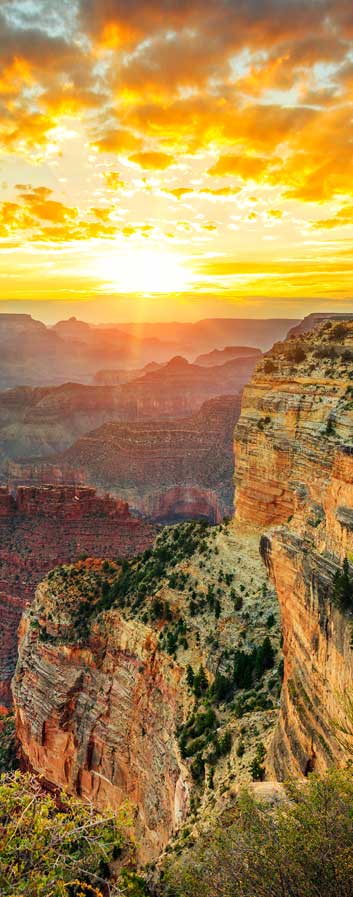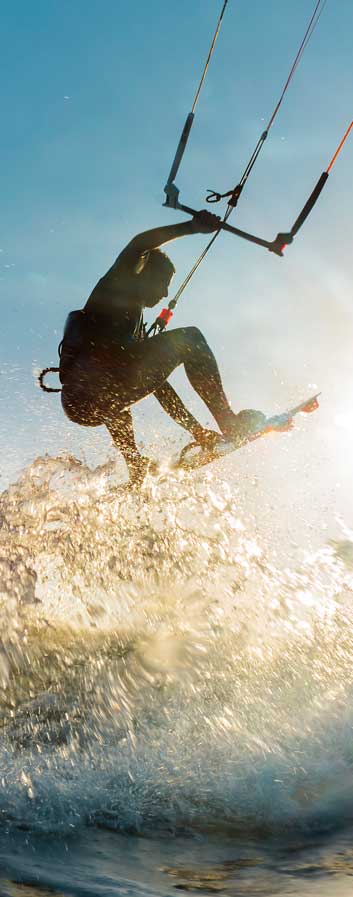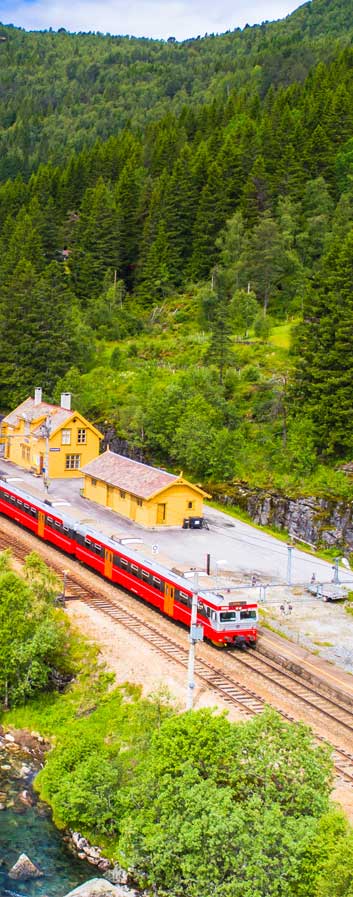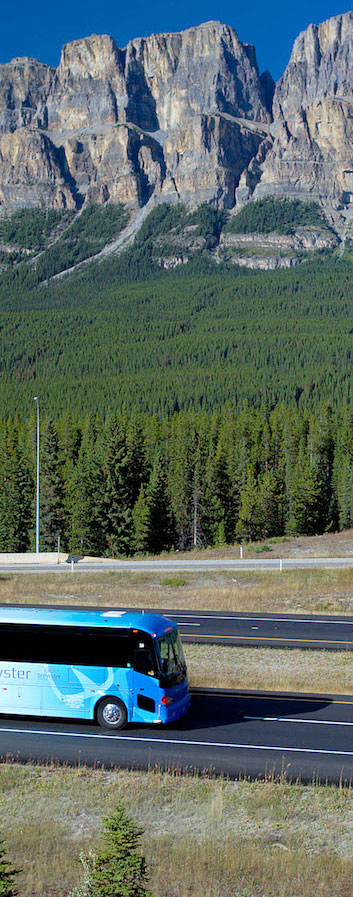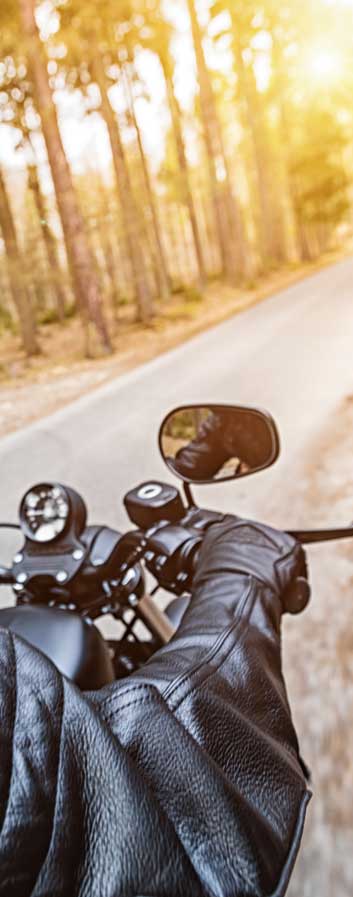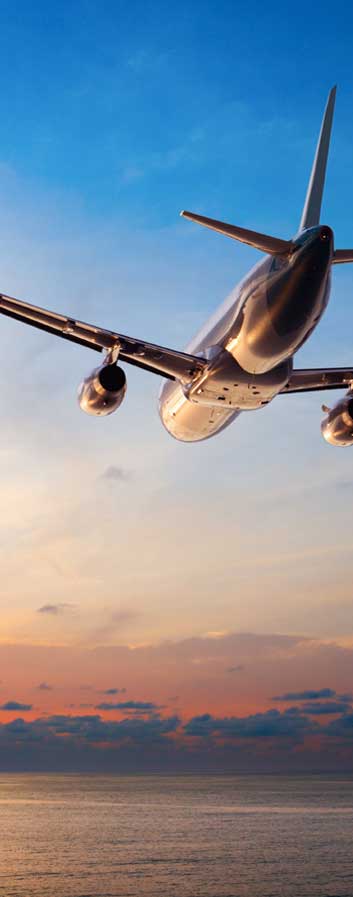Chao Phraya River
Like all urban rivers, the history of the Chao Phraya is intertwined with the city it flows through. The original site was chosen by early settlers because of its fertility and abundant fish. Later King Taksin, after the fall of Ayutthaya to the Burmese, located his new capital here, on the western banks today known as Thonburi.
In 1782 King Rama I, finding the eastern banks more favourable, founded modern Bangkok and celebrated the occasion by building some of the world's most beguiling temples. Later still the canals it feeds became famous, earning Bangkok its 'Venice of the East' epithet. And, meanwhile, eminent Western authors like Maugham, Conrad and Coward were singling out the Chao Phraya as one of their favourite spots in the Far East.
Truly, the River of Kings - as King Rama I named it - is the lifeblood of Bangkok. And not just because of this rich history. Around 50,000 people still use its ferries to get to each day. Slow barges bearing cargo coast upstream. Kids still frolic in the russet-brown water. Wooden shacks, mottled by the elements, still lurch over the water.
Soaring hotels and condominiums hem in solemn temples, churches and civic buildings that look 19th century European, while yards away the odd wooden sampan sells noodle soup or dried squid to hungry river workers. It is this juxtaposition of calm and chaotic, modern and traditional, religious and secular, ugly and sublime, foreign and indigenous that makes the Chao Phraya so evocative
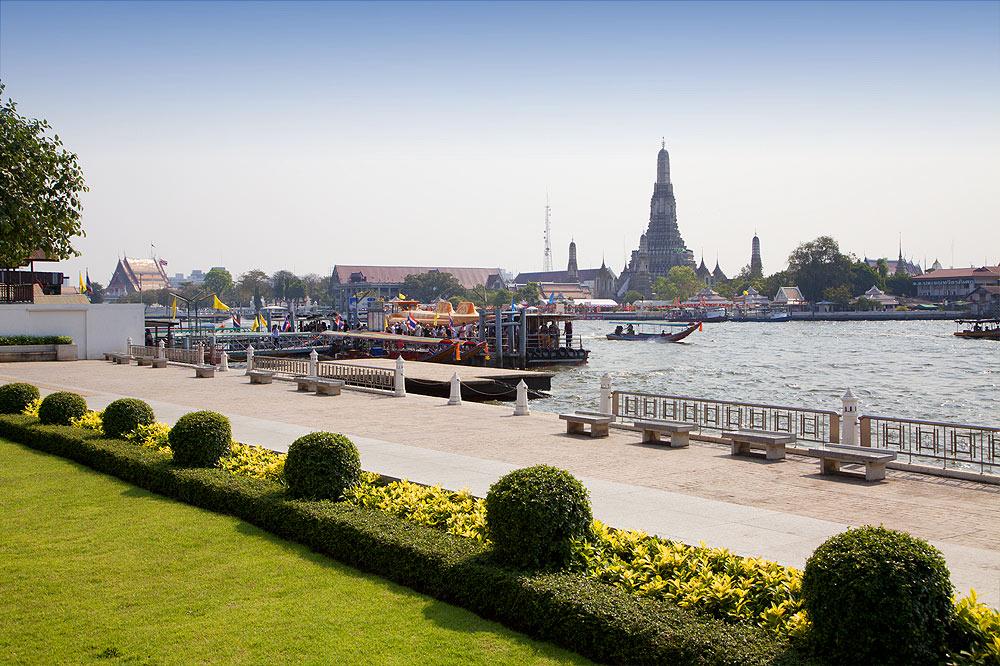
Five public boat lines, all operated by the Chao Phraya Express Boat company, ply the same 21km route: 'local line', 'orange', 'yellow', 'blue' and 'green-yellow'. Operating between 06:00 and 19:30 daily, each is identifiable by the coloured flag hanging off its rear.
The rush-hour only 'local line' stops at all 34 piers, while the other four are express lines stopping at only selected piers. Only the Orange Flag Line, with its flat fee of 15 baht, runs all day and on weekends – for most journeys this fits the bill. The others stop at around 09:00 and begin again at around 16:00. Cross-river ferries operate at most major piers and will drop you to the other bank for 3.5 baht (see Chao Phraya Pier Guide for details).
'Tourist Boats' are another option, offering unlimited trips to nine prominent piers for a 150 baht flat fee (service hours: 09.30 - 15.00 daily). Not a bad deal if you plan to do a lot of hopping on and off over one day, want more comfort and the sites to be pointed out to you. Bear in mind though – these run every 30 minutes while the public lines used by locals typically run every 15 to 20 minutes. Other options for exploring the river include hiring a long-tail boat (usually includes trips down the city's canals), a river cruise or dinner cruise. All give a different perspective on this fascinating river.
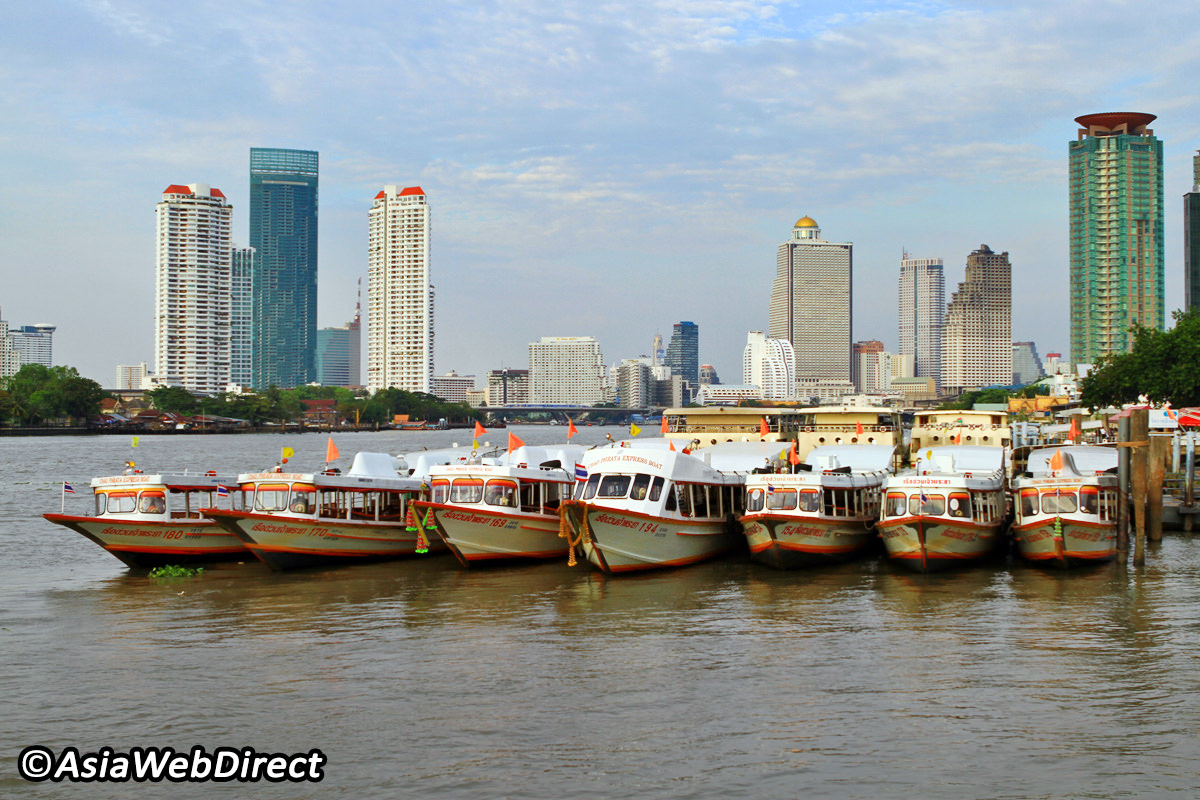
Phra Arthit Road runs parallel to the Chao Phraya River, stretching from Phra Sumen fort to Thammasat Universty. Lined with quaint shop-houses, cosy hole-in-the-wall restaurants, bars and cafés with live music, this is where the artsy type convene after sundown before hitting nearby Khao San Road. The nearest river pier is Phra Arthit Pier.
Thewet is scintillating. People come here to make merit by releasing fish or to feed the school of frenzied catfish scraps of bread. There's also a ramshackle yet photogenic wet market, and the Royal enclave of Dusit nearby. The nearest river pier is Thewet.
Oriental, the old Westerner Quarter with crumbling European architecture, antiques shops and the venerable Mandarin Oriental Hotel, where some of the 20th century's most eminent scribes once stayed. The nearest river pier is Oriental.
Pak Khlong Flower Market, a living breathing oriental market teeming with life and colour, is one of the most pleasant places to spend an early morning. Find fresh flowers of all species, fruits and vegetables at wholesale price. The nearest river pier is Rajinee.
